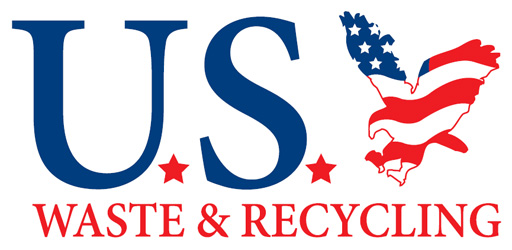Essential Tips for Reducing Restaurant Waste
All businesses generate a significant amount of waste near Atlanta, but there are different ways you can go about disposing of it. Restaurants may deal with a particularly substantial amount of waste, which is why it helps to be responsible when it comes to waste disposal. From regularly refining your menu to disposing of your waste in a more responsible manner, there are many steps you can take to cut down on waste. Here are some essential tips for reducing restaurant waste.
Consistently Evaluate Your Menu
Your restaurant’s menu is a piece of art, and it deserves careful consideration. Since it is also a part of your business, however, it should be reevaluated on a regular basis. While underdeveloped nations survive on minimal amounts of food, many developed nations waste incredible amounts of perfectly good food products. People tend to stick to what they like when they order food at a restaurant, but there is still a great deal of waste. Keep an eye on what your plates look like when they return at the end of a meal; if you notice that a few meals in particular are rarely finished, consider adjusting your portion size or changing the recipe. This will keep more food in stomachs and less in landfills.
Recycle Everything You Can
One of the most prevalent forms of reducing waste is recycling, and your restaurant is capable of jumping on board. With today’s societal shift towards environmental consciousness, recycling is simple. Separate your recyclables in order to keep them out of landfills, and make sure you have both garbage cans and recycling bins available in your establishment. You can even recycle oil and cooking grease; biodiesel firms can make use of these byproducts, so avoid throwing them away.
Compost Your Waste
A large percentage of waste that a restaurant generates is food waste, but food waste does not have to end up in the trash. Consider starting a composting program in order to put your food waste to better use. Through a composting system you can use your food waste to enrich soil and help the environment instead of hurt it.
